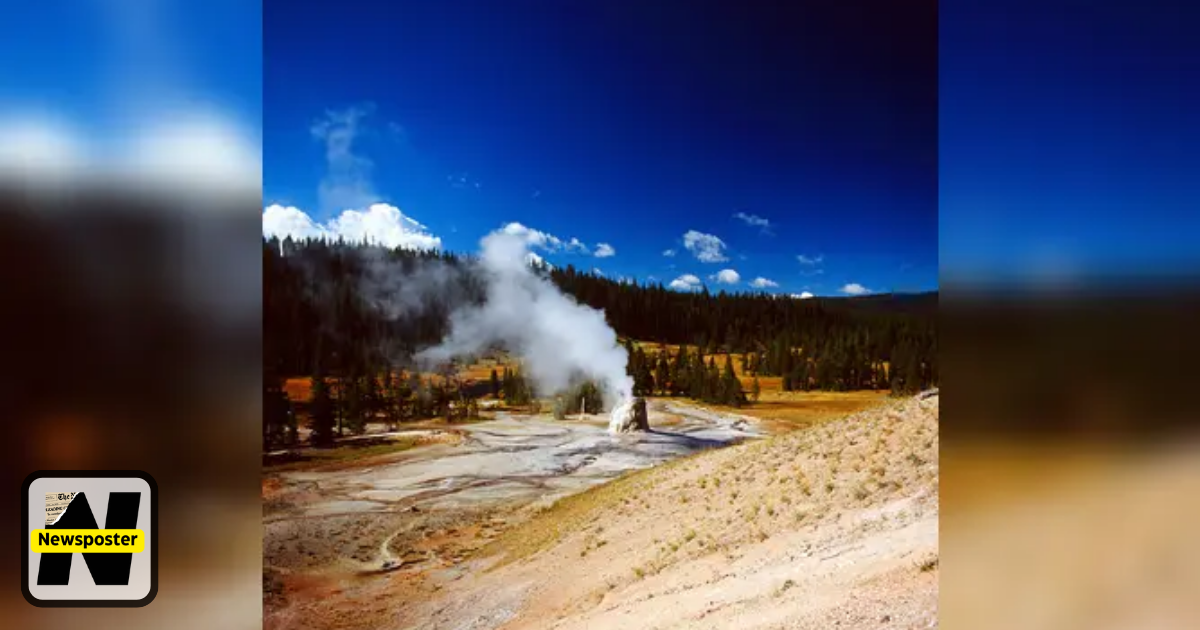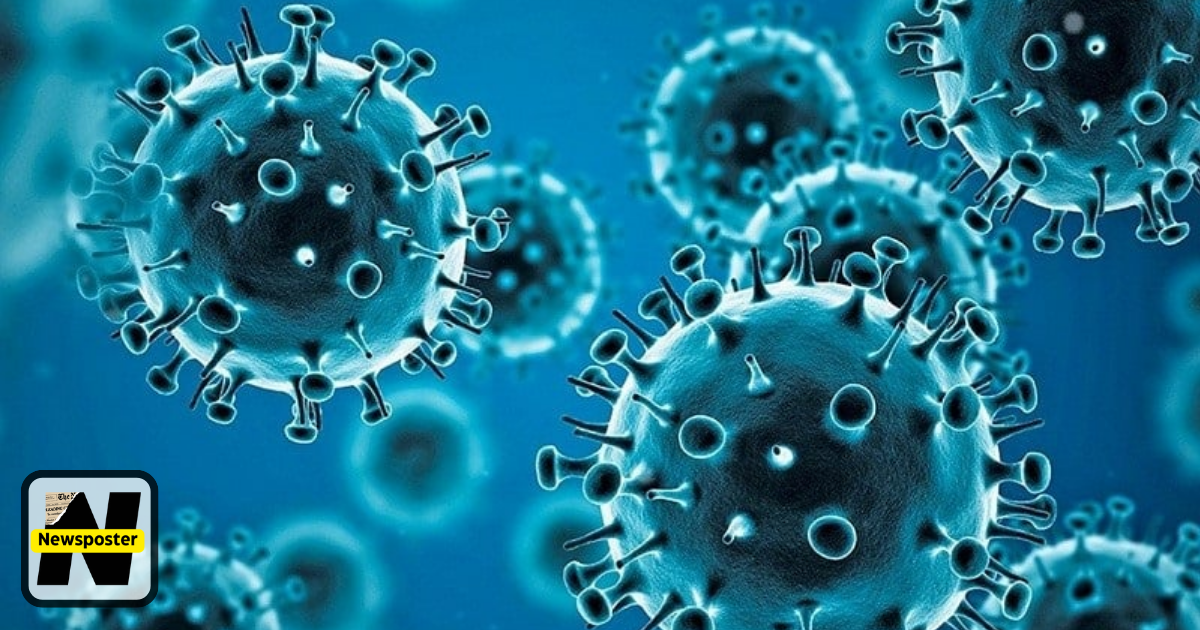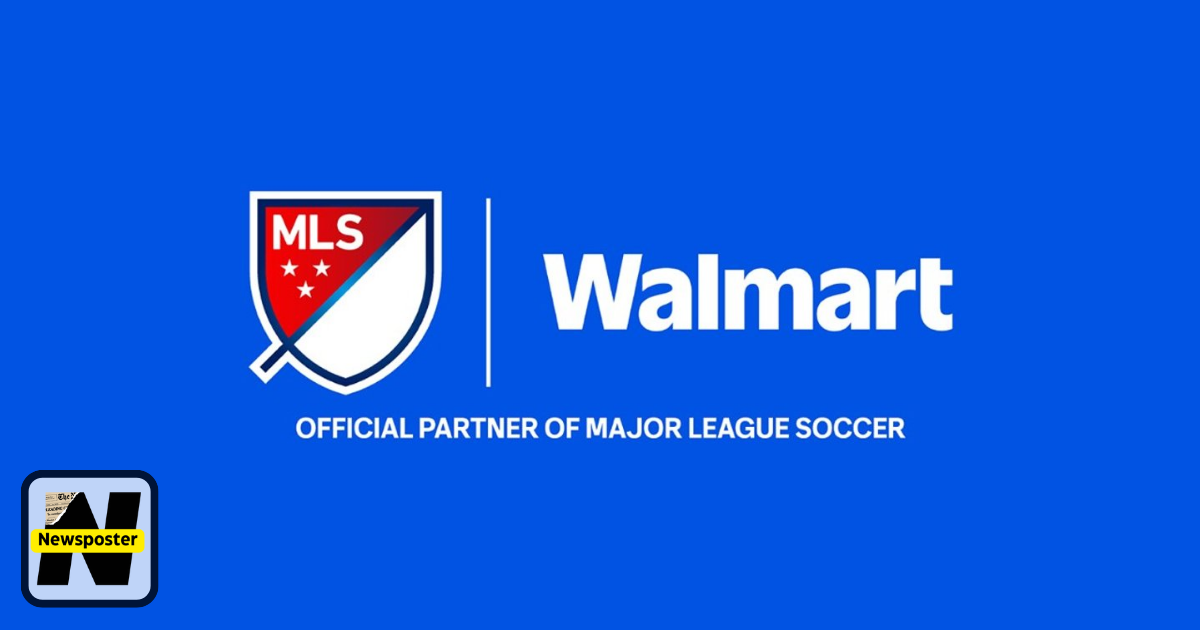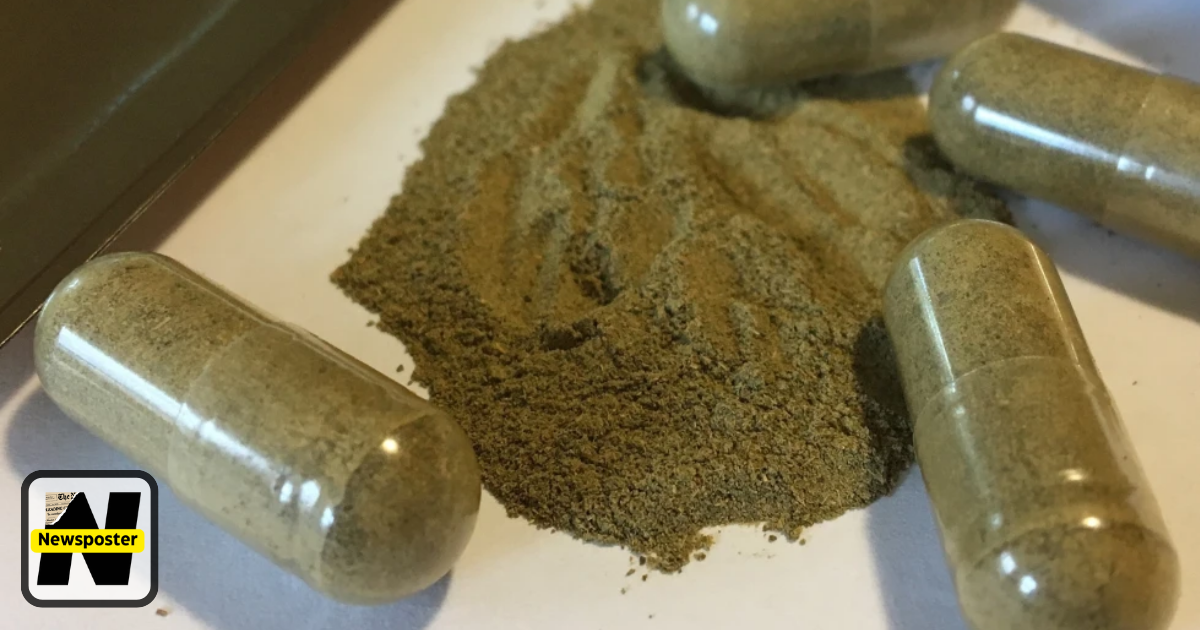U.S. health officials are raising alarms about a powerful opioid-related chemical increasingly found in energy drinks, gummies, and supplements sold at convenience stores and gas stations, calling for a nationwide ban on the substance. The ingredient, known as 7-hydroxymitragynine (7-OH), is derived from kratom—a Southeast Asian plant that has become popular in the U.S. as an unapproved treatment for pain, anxiety, and drug dependence.
Dietary supplement companies that sell kratom products have recently pushed the Food and Drug Administration (FDA) to crack down on products containing 7-OH, describing it as a dangerously concentrated, synthetic form of the natural compound found in kratom leaves. The FDA clarified that its focus is not on natural kratom leaf products but on 7-OH specifically. In a report released Tuesday, the Department of Health and Human Services outlined the risks of 7-OH and distinguished it from kratom leaf, recommending it be added to the federal government’s most restrictive list of illegal drugs alongside substances like heroin and LSD. FDA Commissioner Marty Makary emphasized the potency of 7-OH, stating it can be more powerful than morphine and urging regulation and public education to prevent a new surge in the opioid crisis.
The Drug Enforcement Administration (DEA) will review the FDA’s recommendation and determine whether to place 7-OH on the Schedule I list, which governs highly controlled substances. A nationwide ban would only take effect after the DEA finalizes new rules on the ingredient. Kratom itself has been under federal scrutiny for about a decade due to reports of addiction, injury, and overdose, though many users and distributors argue it is a safer alternative to traditional opioid painkillers. The FDA recently issued warning letters to seven companies selling products infused with 7-OH, citing safety violations and unauthorized medical claims related to pain, arthritis, and anxiety relief.
Supplement industry leaders praised the FDA’s enforcement actions, with Ryan Niddel of Diversified Botanics calling it a model of data-driven regulatory action. However, the American Kratom Association continues to lobby against stricter regulations, pushing for legislation that would limit the FDA’s authority over kratom to the same level as food and dietary supplements. Meanwhile, groups supporting 7-OH availability criticized the government’s crackdown, accusing kratom suppliers of deflecting blame for harms caused by unregulated products to protect their market share.
The federal government nearly banned kratom in 2016 when the DEA proposed placing it on Schedule I, but the move was halted after a strong public backlash, including objections from members of Congress. The FDA’s research in 2018 confirmed that kratom contains opioid-like chemicals, and since then, the agency has issued ongoing warnings about kratom-related addiction, injuries, and deaths. Recently, the FDA has also targeted other unapproved substances marketed as supplements or energy drinks, such as the antidepressant tianeptine, sometimes called “gas station heroin.” While several states have restricted these drugs, they remain unscheduled at the federal level, keeping regulators and public health officials on alert.











